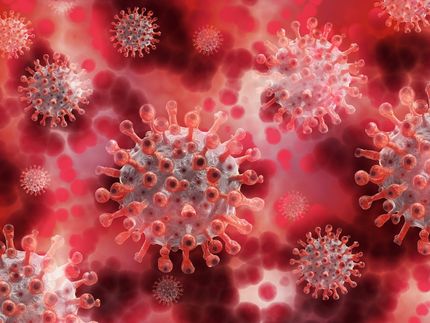Raptor Pharmaceuticals Corp. Enters Agreements to Advance Clinical Pipeline
Acquires Rights from UCSD to Develop Cysteamine for the Treatment of NASH
Advertisement
Raptor Pharmaceuticals Corp. announced that its clinical development subsidiary, Bennu Pharmaceuticals Inc., has acquired an exclusive worldwide license to intellectual property from the University of California, San Diego ("UCSD") around the use of Cysteamine, and Delayed Release Cysteamine ("DR Cysteamine") for the treatment of non-alcoholic steatohepatitis ("NASH"). In collaboration with doctors from UCSD School of medicine, Bennu plans to initiate a Phase 2a clinical study of DR Cysteamine in NASH patients in 2008.
NASH is a form of progressive liver disease resulting from triglyceride fat accumulation in vacuoles of the liver cells, which causes decreased liver function and potentially leads to cirrhosis and liver failure. Cysteamine is currently approved by the FDA for the management of nephropathic cystinosis ("cystinosis"), a genetic lysosomal storage disease characterized by the poor transport of cystine out of lysosomes.
In a separate announcement, Raptor said that Bennu has entered into a formulation and manufacturing agreement for its Convivia(TM) product candidate with Patheon Pharmaceuticals Inc. Under terms of the agreement, Patheon will provide Bennu's proprietary oral formulation of 4-methylpyrazole ("4-MP") for usage in clinical studies, which Bennu plans to initiate in the second half of 2008.
Convivia(TM) is a proprietary, oral formulation of 4-MP currently in development for the treatment of ALDH2 Deficiency, which is a metabolic disorder characterized by the inability to tolerate alcoholic beverages. Especially prevalent in East Asian populations, ALDH2 deficiency is associated with increased risk of digestive tract cancers and other serious health disorders in affected persons who drink alcoholic beverages.

















































